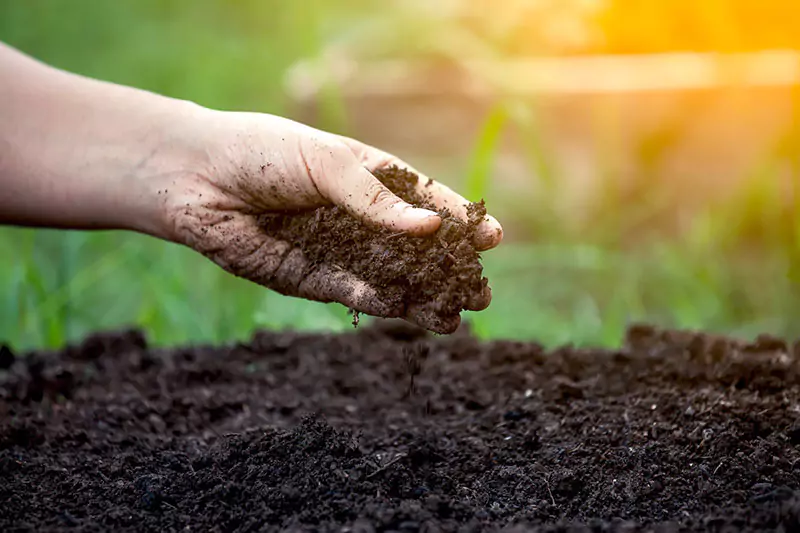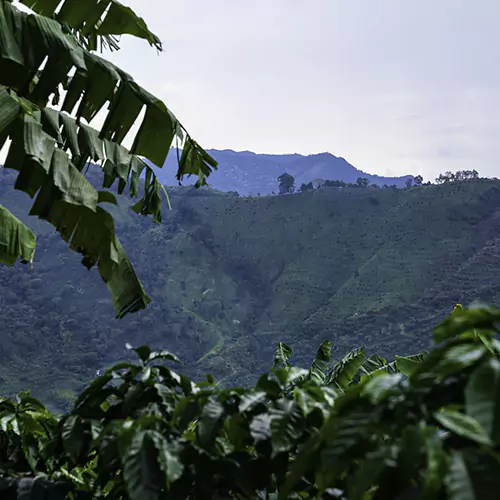A third of the food produced around the world never reaches our plates. That’s why UN Sustainable Development Goal 12 calls for food waste to be halved by 2030. While some of this waste happens later in the supply chain, some 40% of food is lost during harvest, drying, storage, and transport, releasing greenhouse gas emissions in the process. These facts are especially sobering when you consider that we'll need 50% more food by 2030 to feed the world's growing population.
The global community must find ways to reduce food loss and waste at every point in the food system. Our approach could include measuring and reducing crop loss during farming and processing, diverting waste from landfill, and promoting more sustainable practices.
Our initiatives include:
Identifying new market opportunities by upcycling agricultural by-products such as coffee cherry cascara. The pulp of the coffee cherry fruit is typically discarded but contains several times the antioxidants of other well-known superfoods. Using upcycled cascara, the ofi innovation team launched a range of superfruit ingredients that can be used in hot and cold beverages.
Measuring and reducing crop loss in our directly managed farms, processing, and logistics operations, and in third-party supply chains, where possible.
Operating a ‘waste hierarchy’ in those operations so that the greatest amount of waste can be recovered, for example as biomass and/or destroyed in an environmentally sound manner.
Participating in major global initiatives intended to halve the amount of food loss by 2030 such as WBCSD Food Loss and Waste Program; Champions 12.3.
Goals and Progress
We report on the goals and targets in the Natural Capital section of our 2020 Annual Report.
Read ofi news
Our first sustainability programme to qualify for Infinity status is a circular coffee economy model that will deliver a triple positive impact in the coffee value chain, improving economic opportunity and environmental conservation from producers and communities in Peru, to consumers in the Netherlands.
Olam Coffee, part of olam food ingredients(ofi) , has developed a range of coffee cherry cascara products as a key ingredient for beverage infusions and concentrates across multiple applications, from ice teas to nutrition bars, to meet the growing trend for healthy indulgence.
We source much of our cashew from 100 partner co-ops across rural Africa and Asia, representing over 50,000 smallholder farmers who rely on it as a source of income and food security. They afford the farmers access to information, inputs, credit and markets, allowing them to produce more and better quality through the power of the collective.
- Transparency in Coverage
- Modern Slavery Statement
- CA Supply Chain Transparency Act
- Transparency in Coverage
- Modern Slavery Statement
- CA Supply Chain Transparency Act
Copyright © 2022
Olam International Limited. All Rights Reserved. Co Reg No: 199504676H





